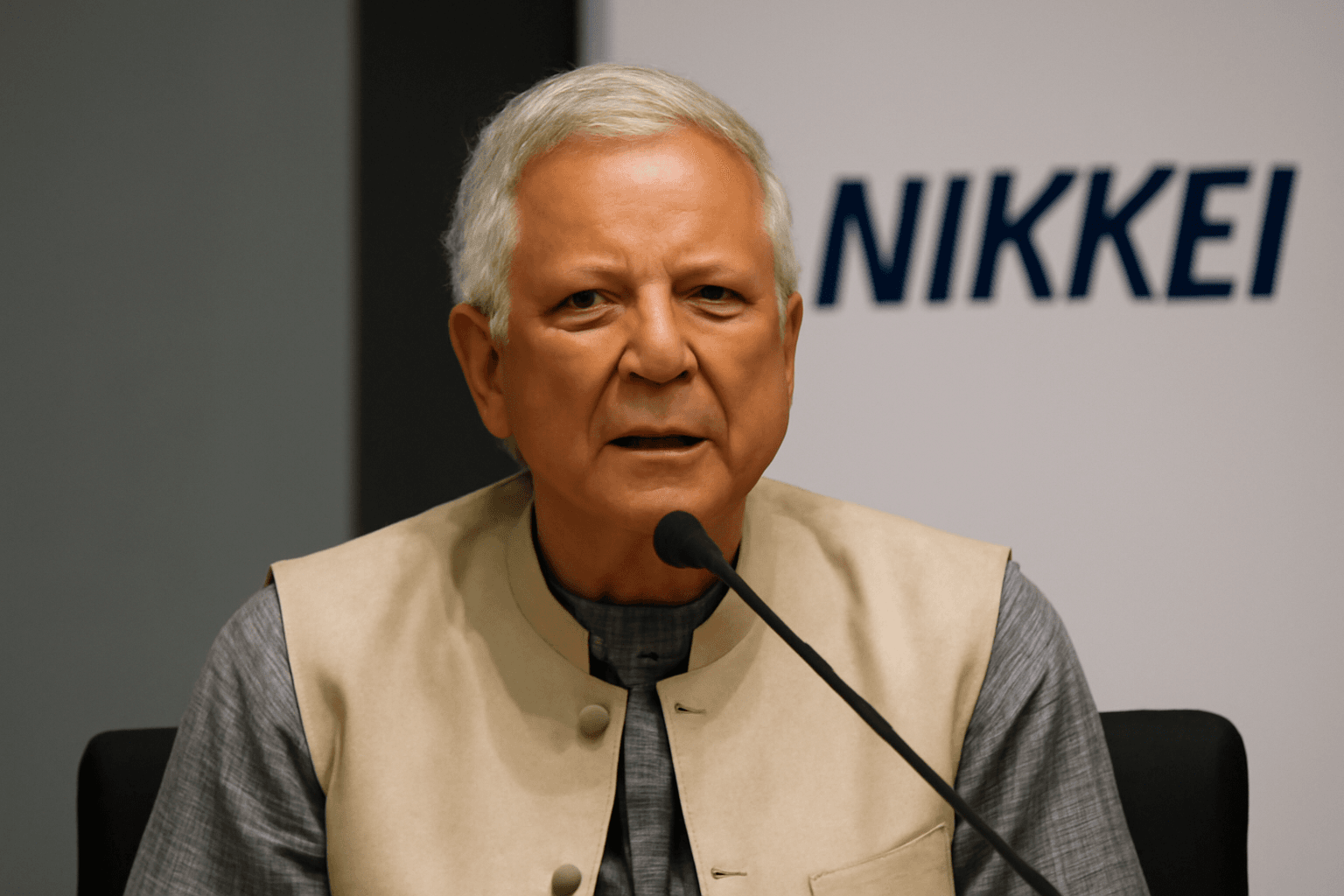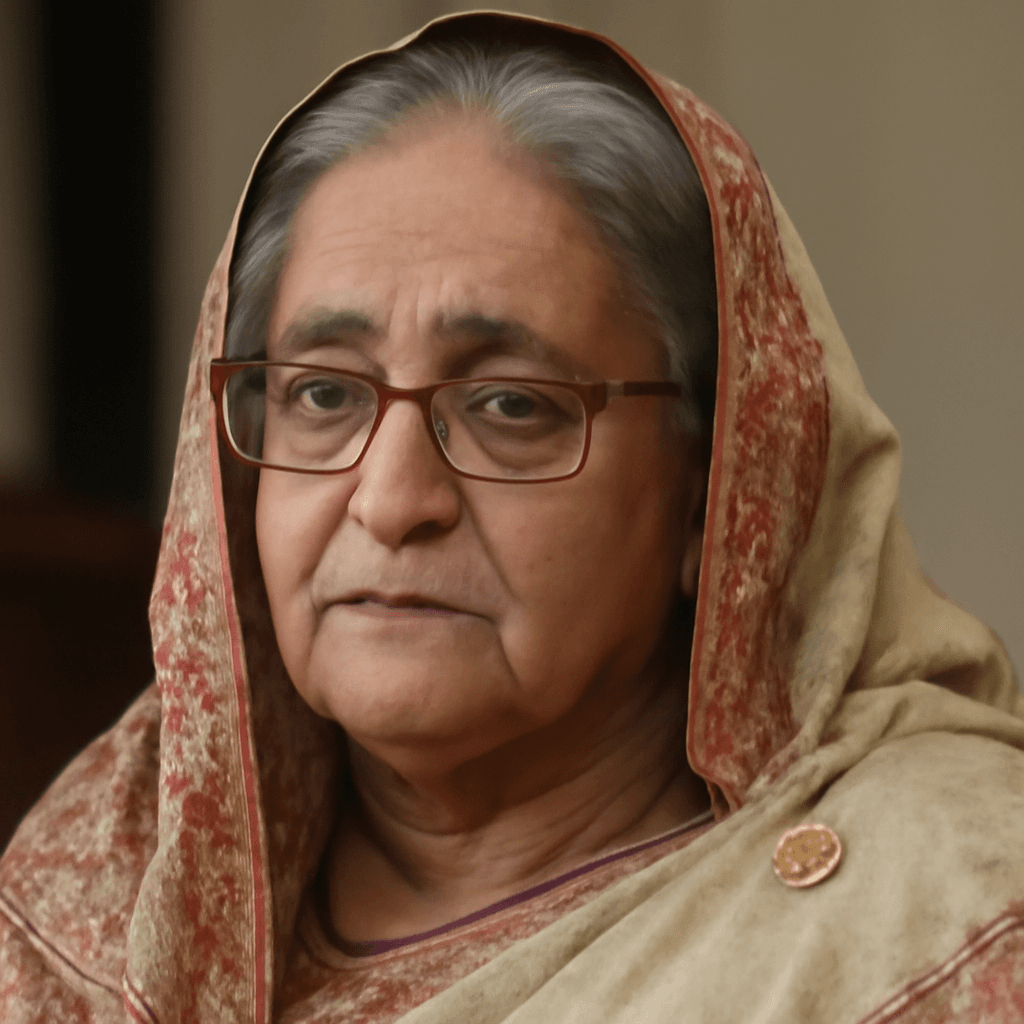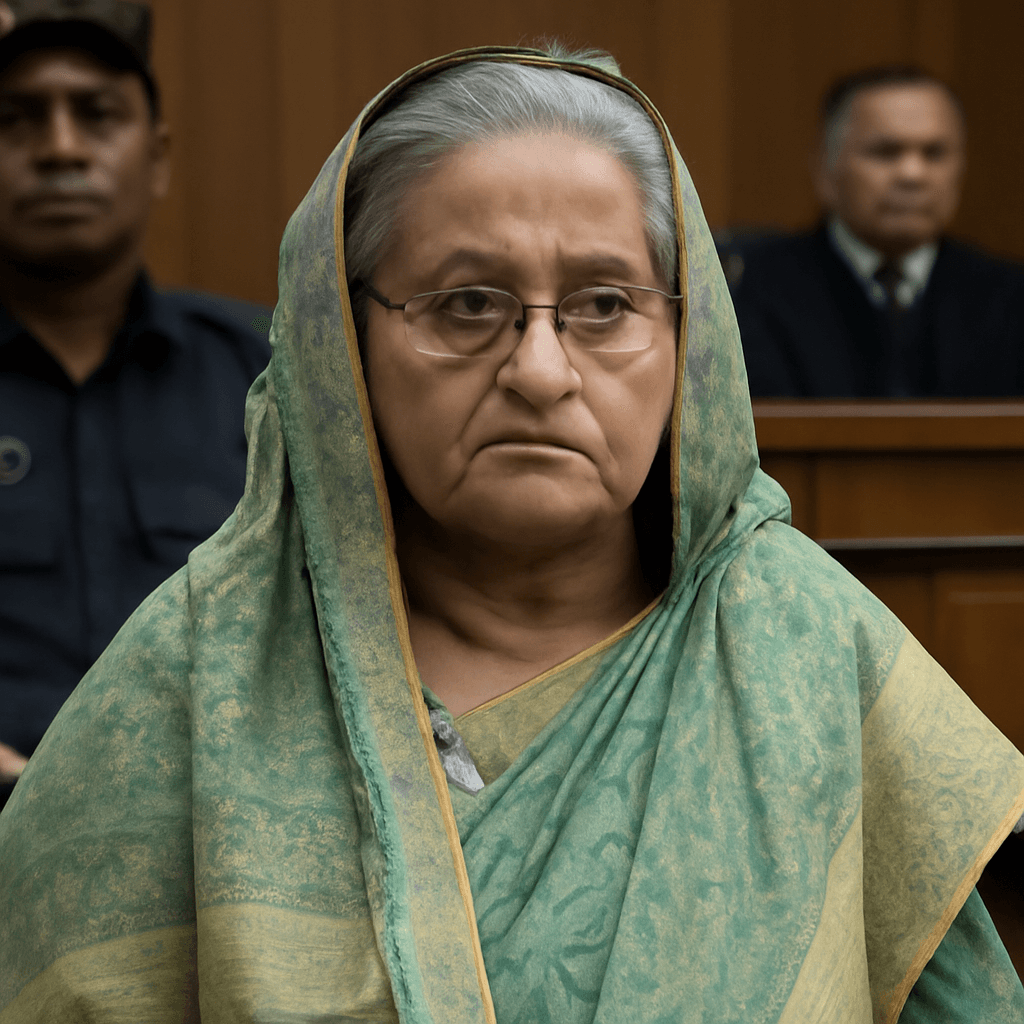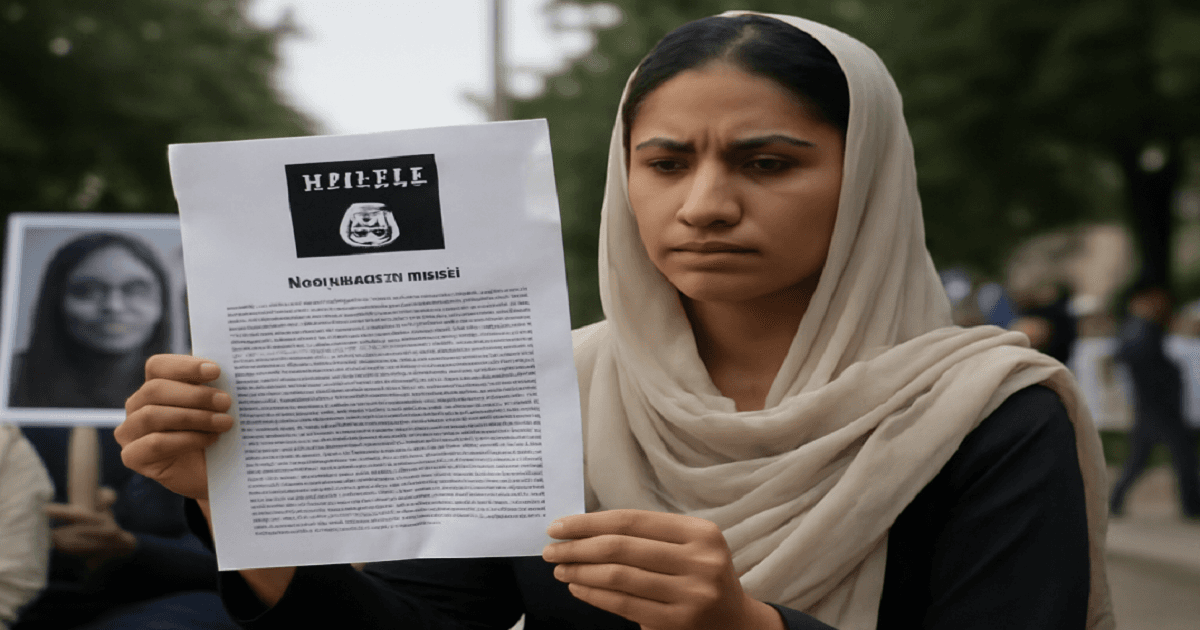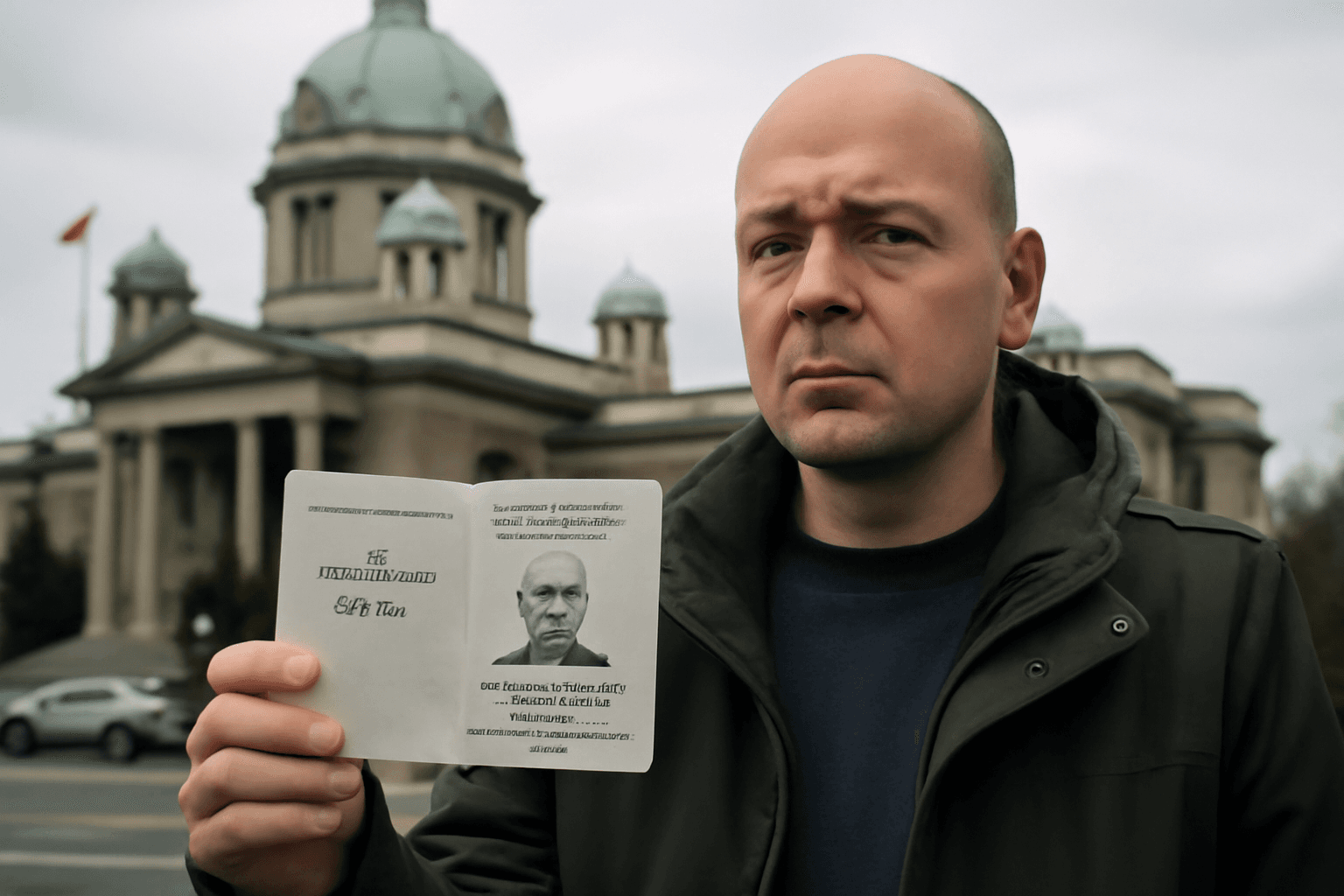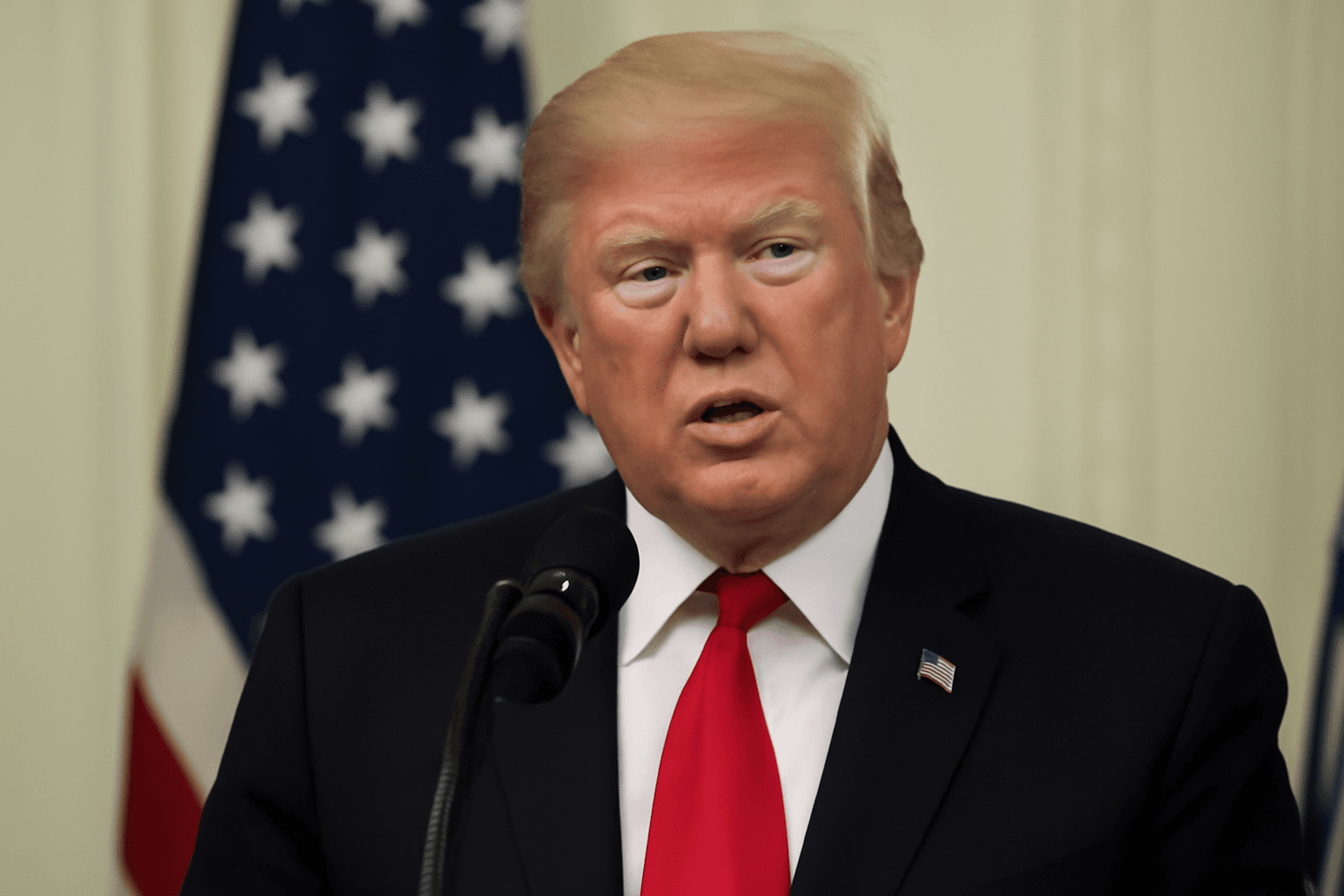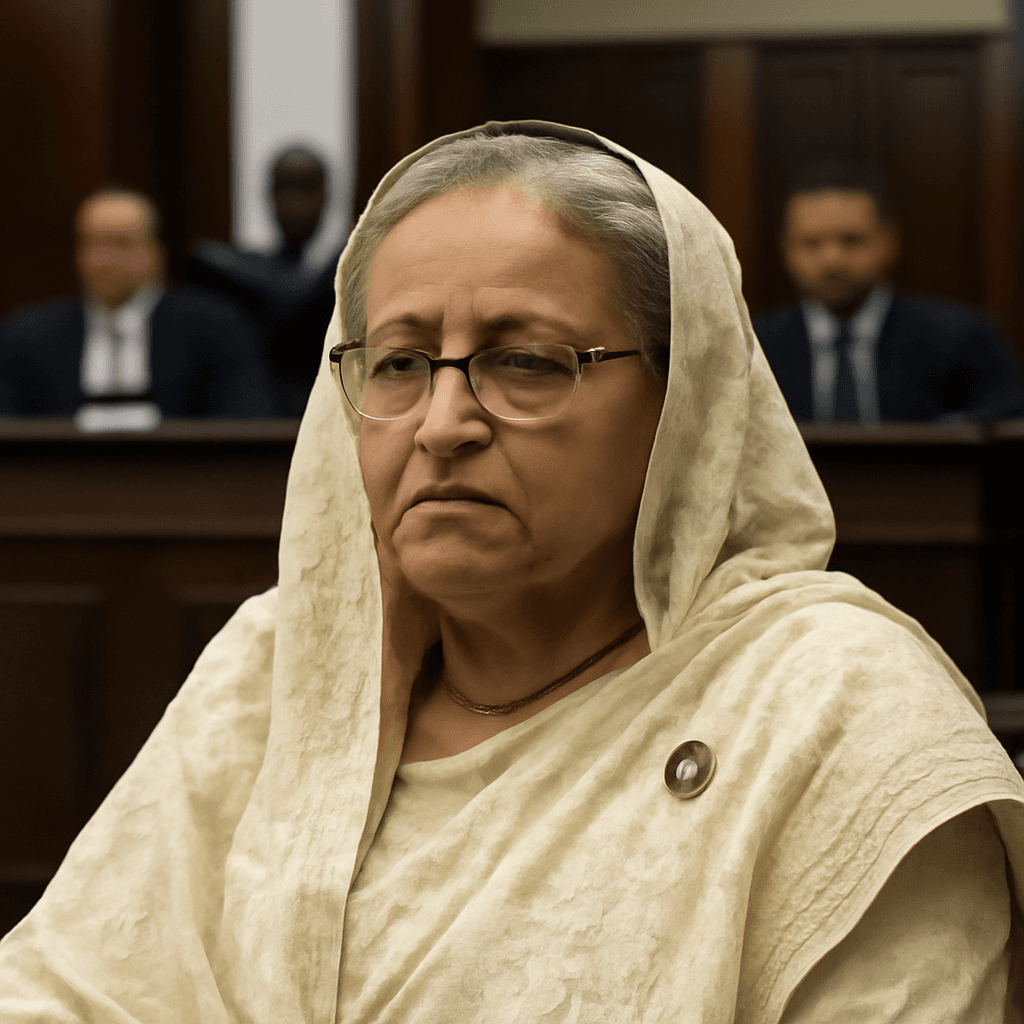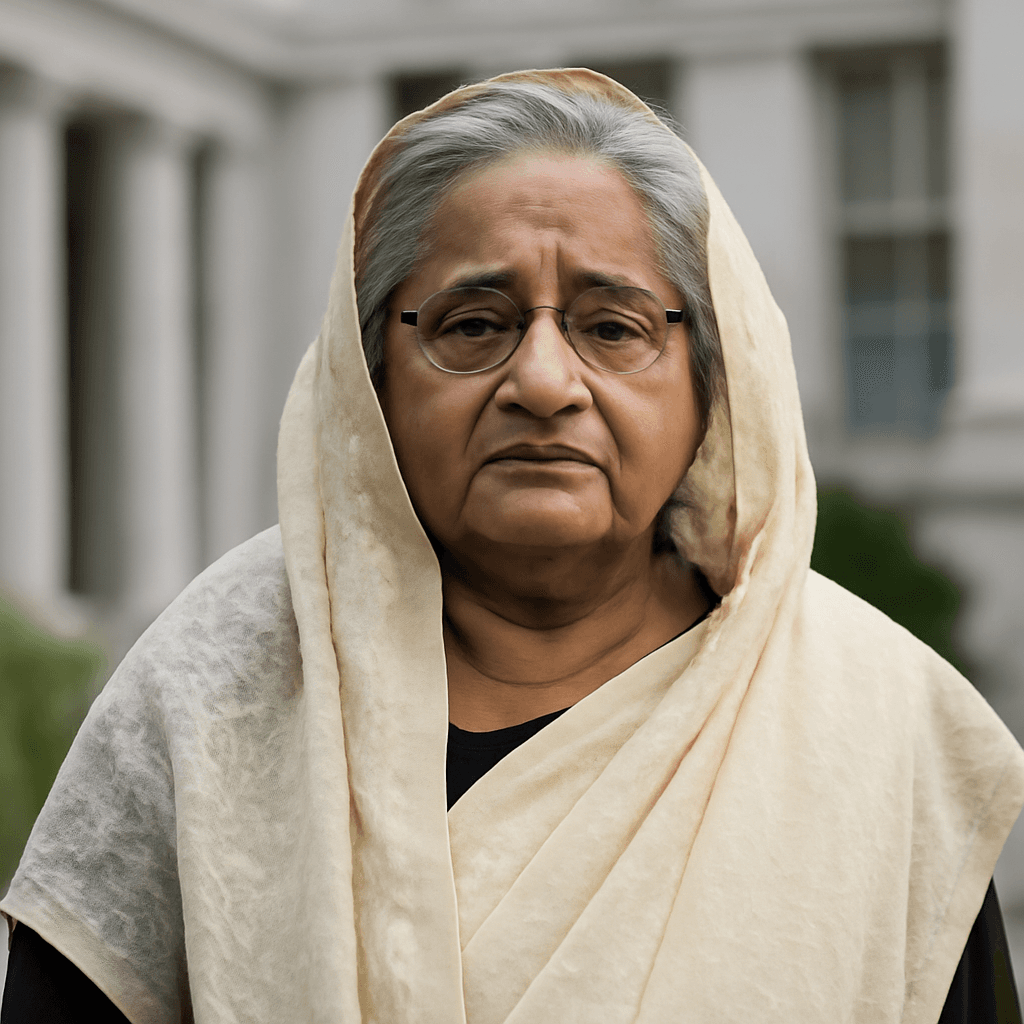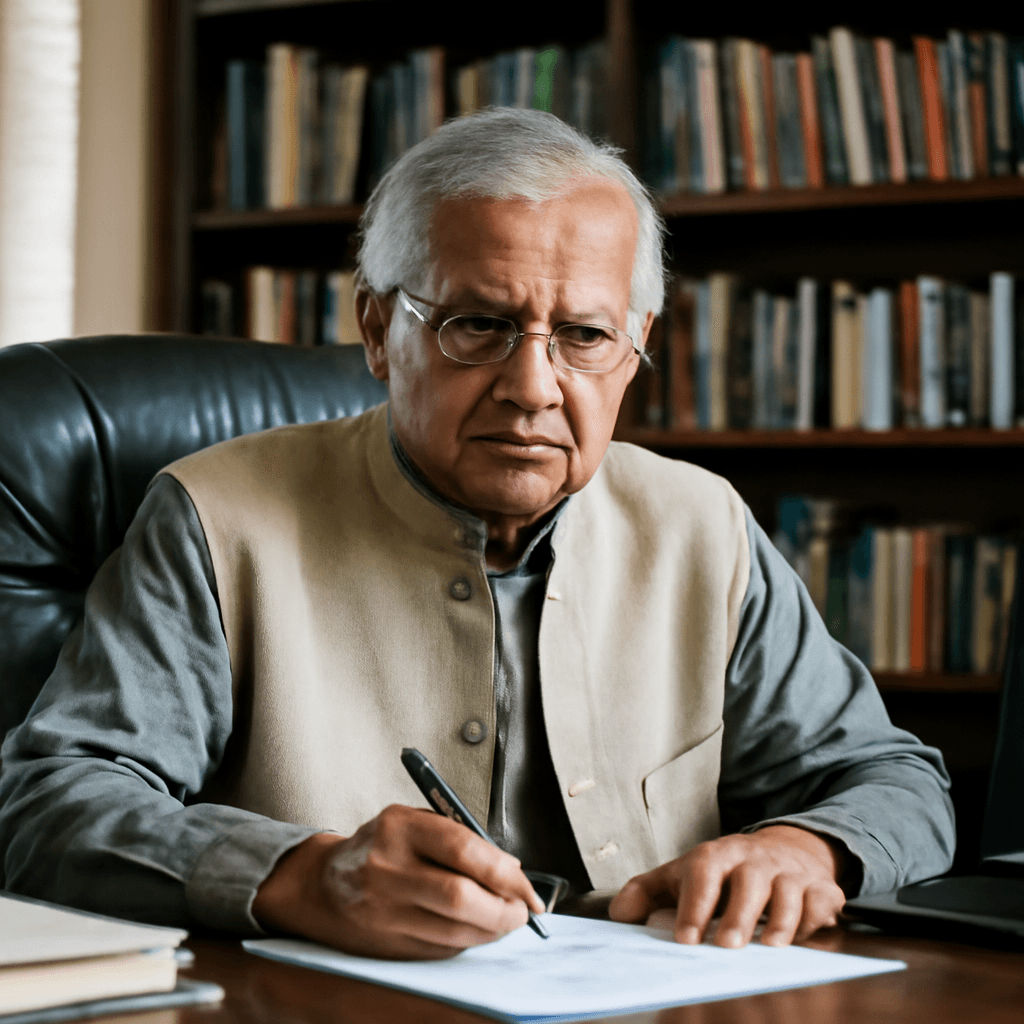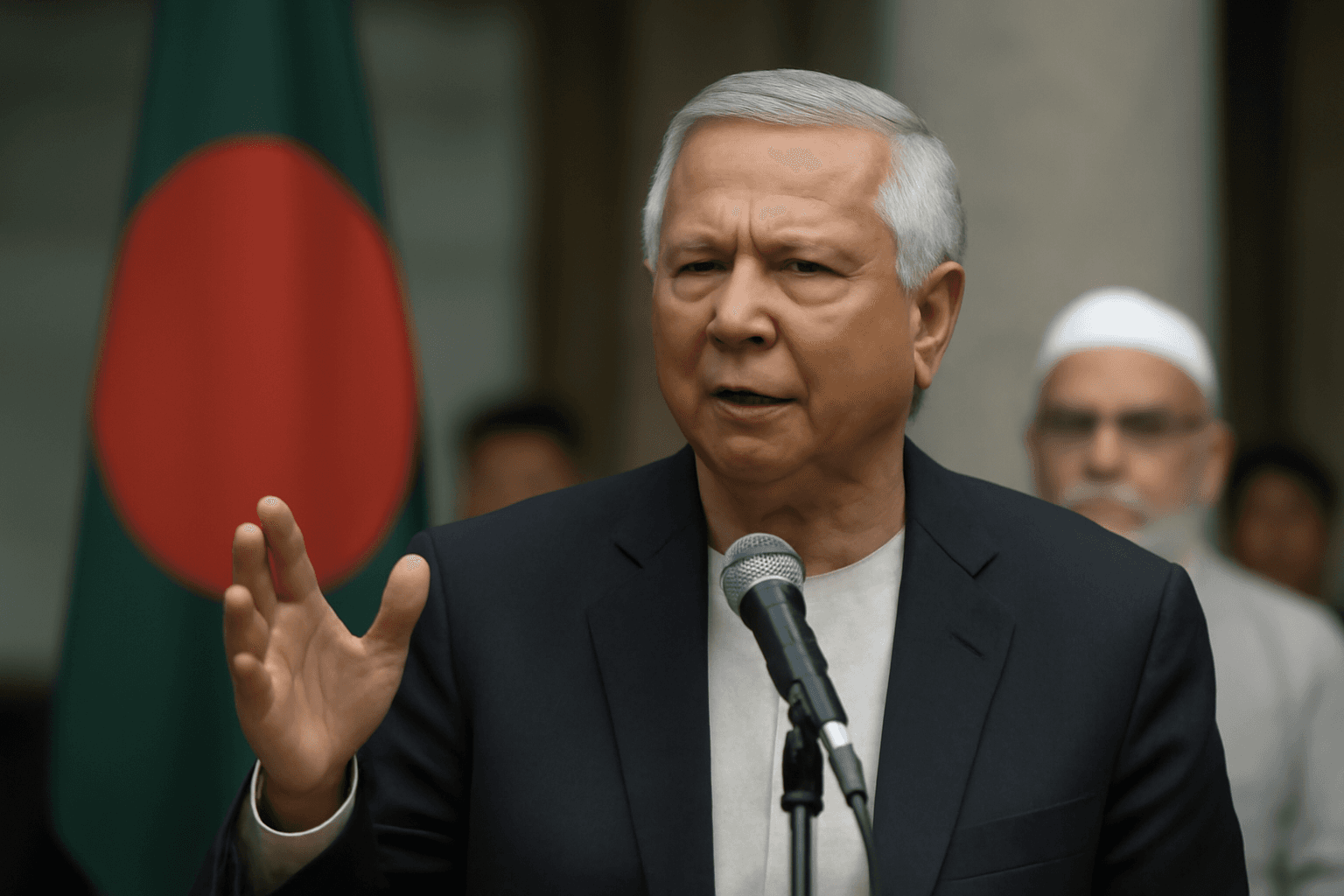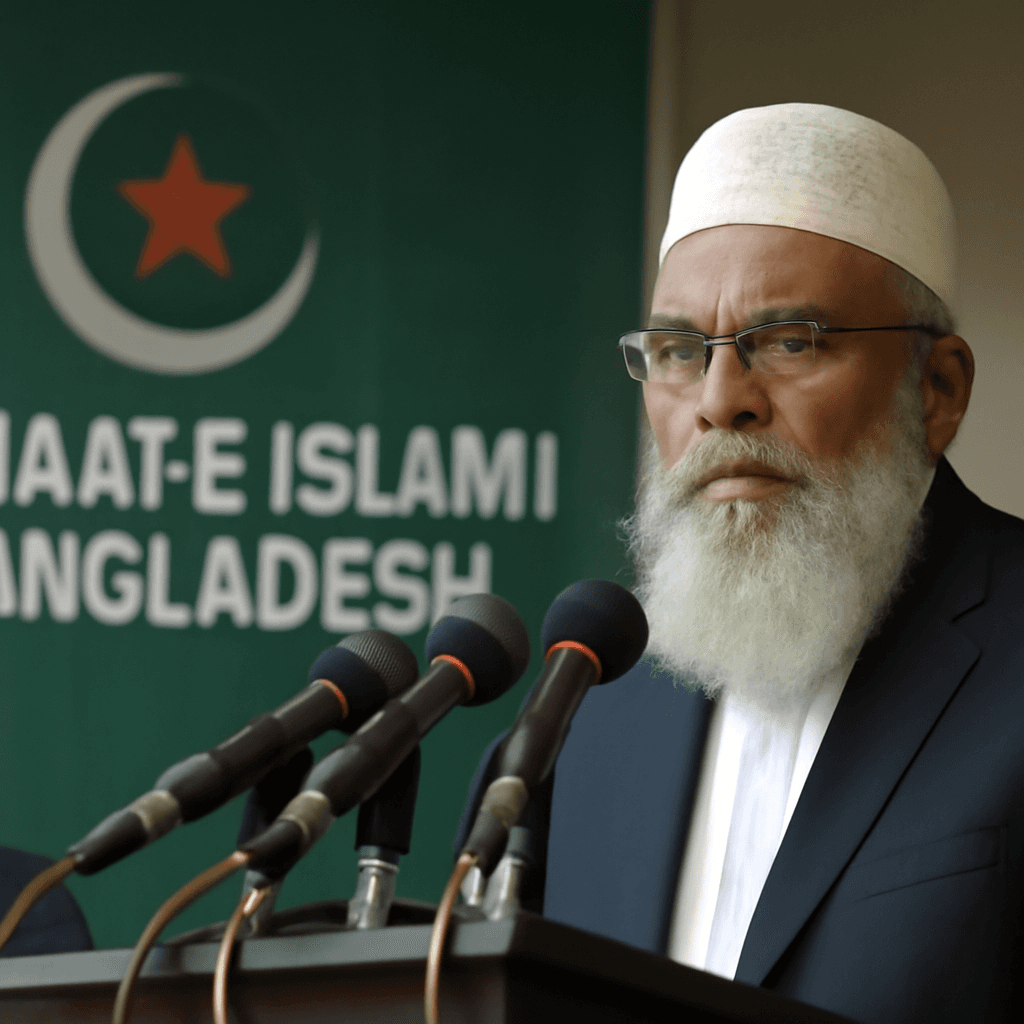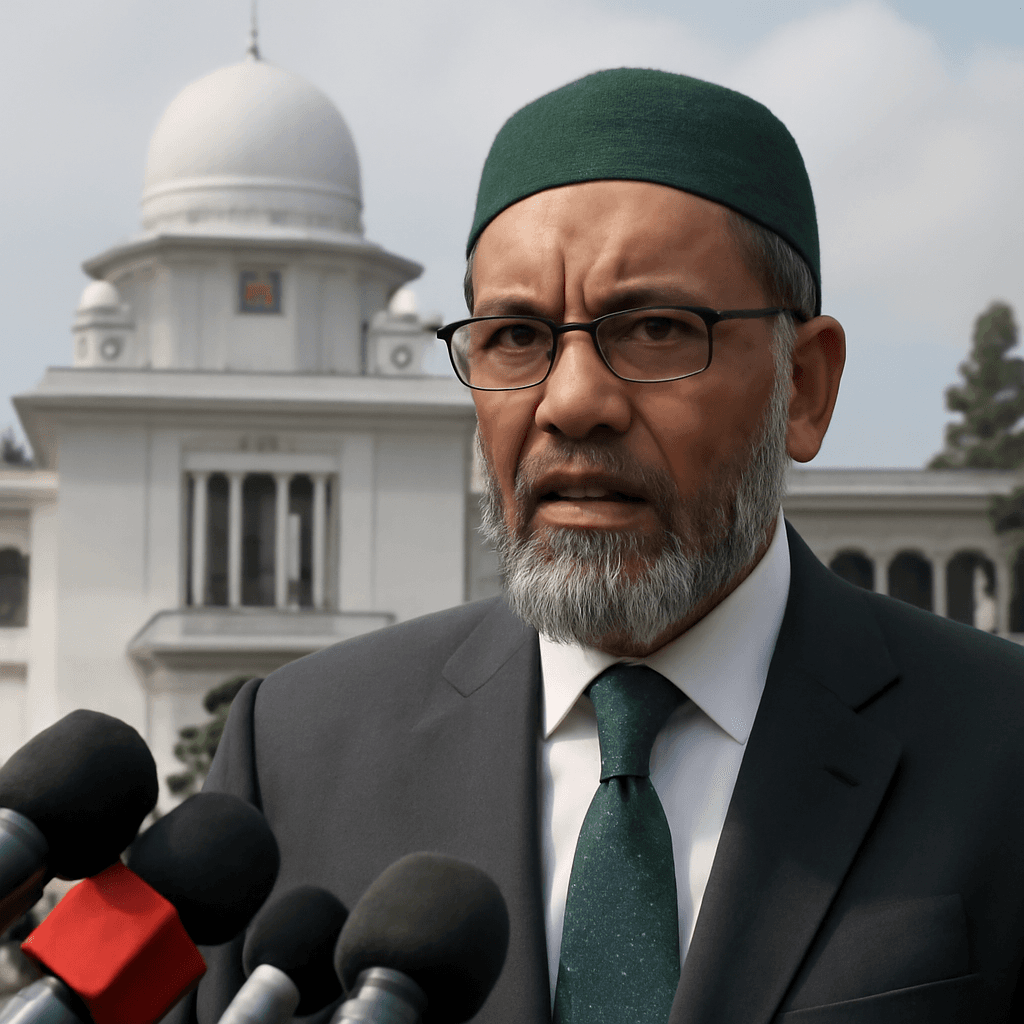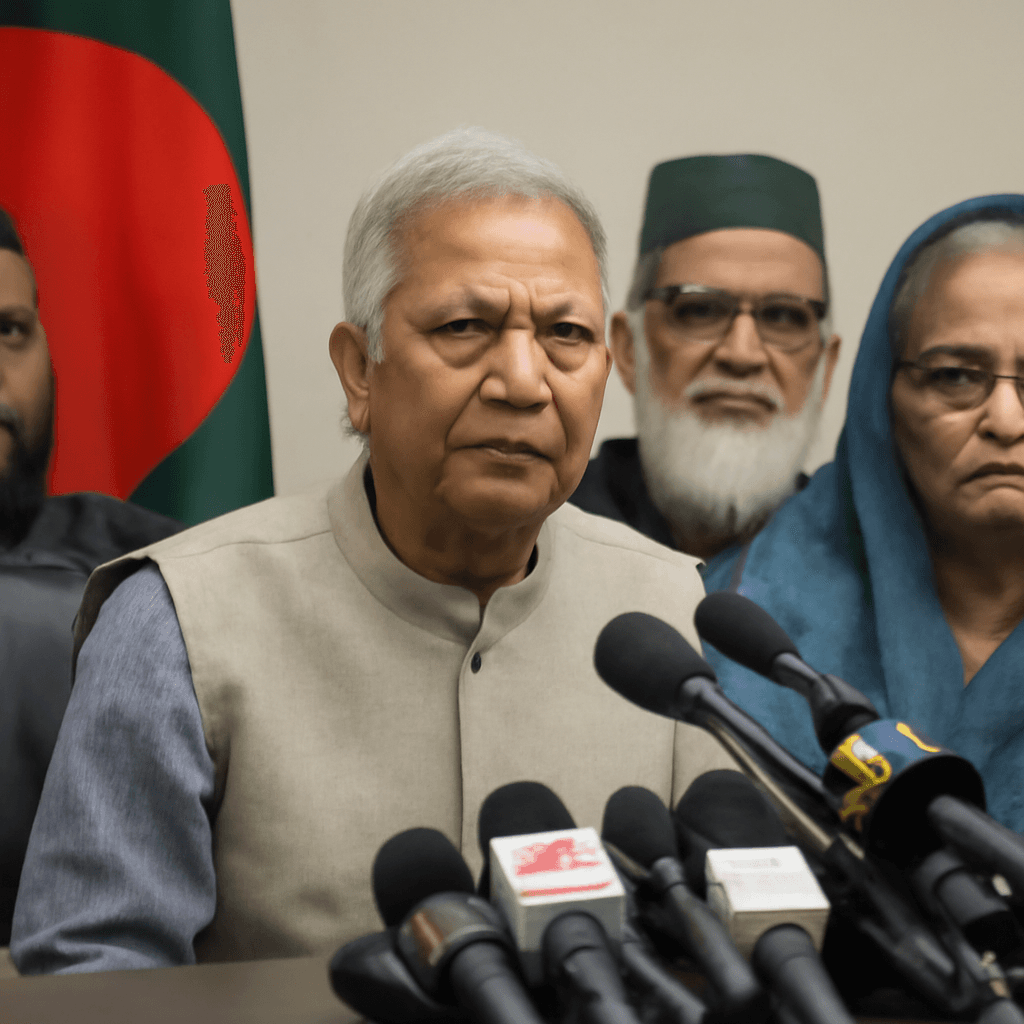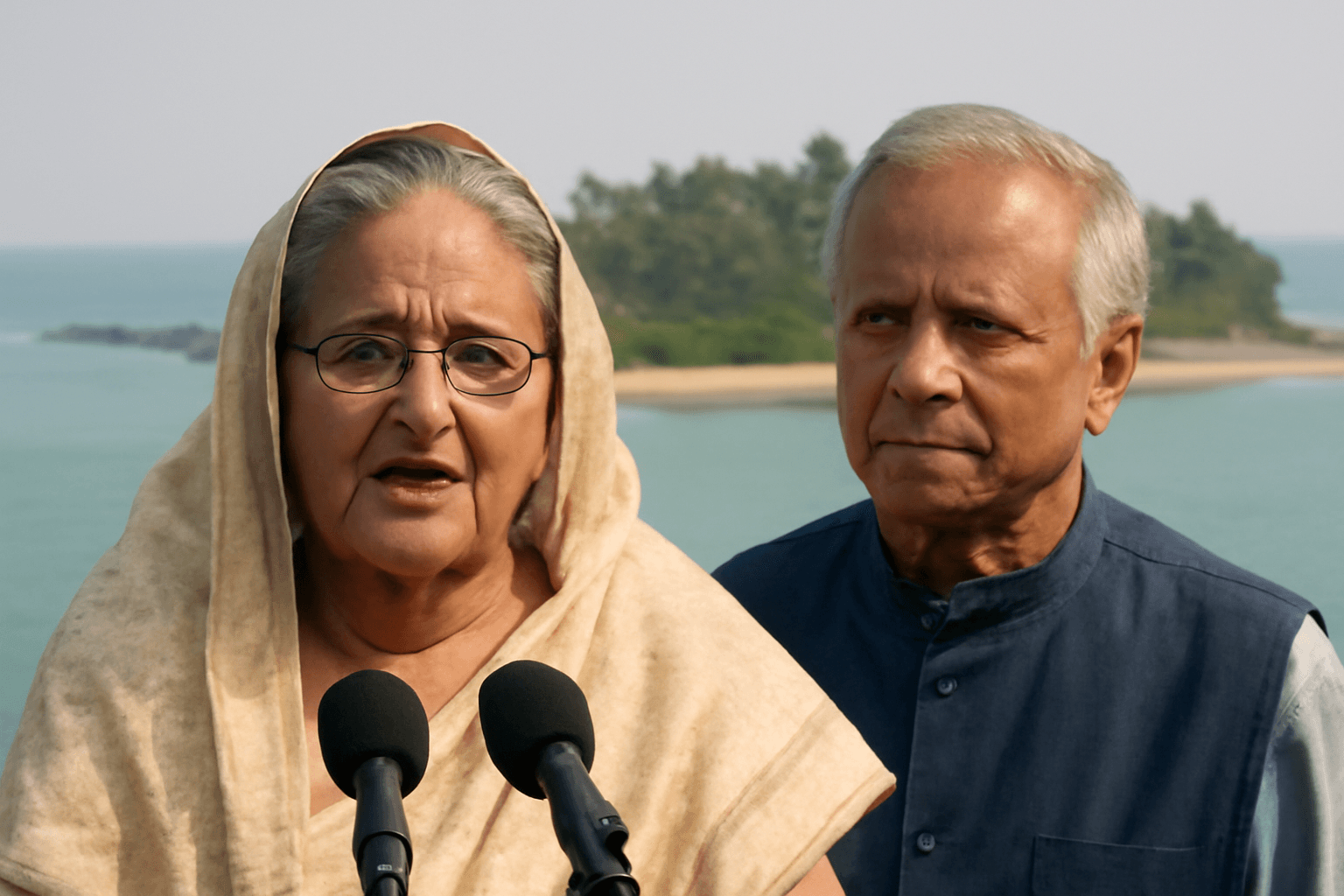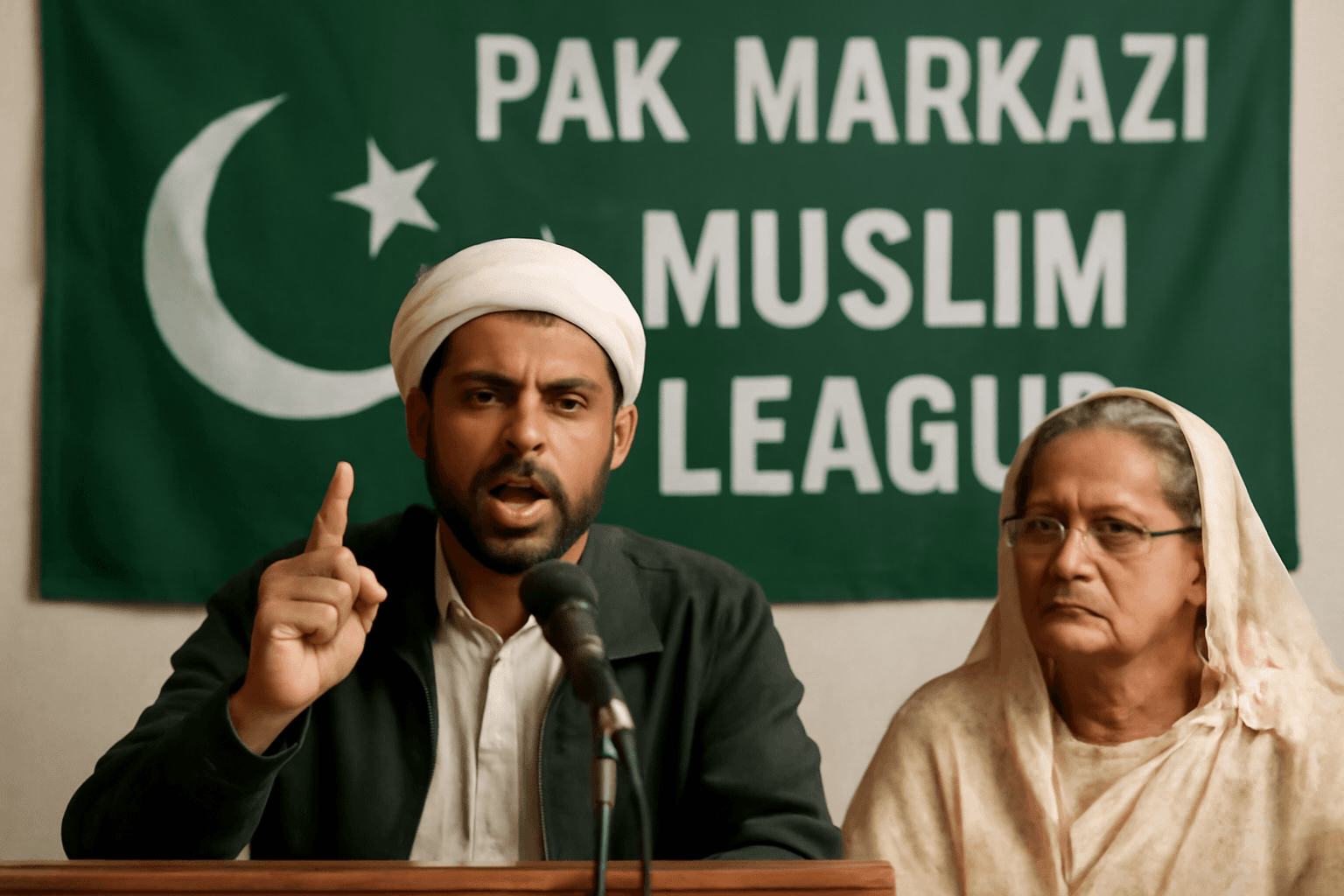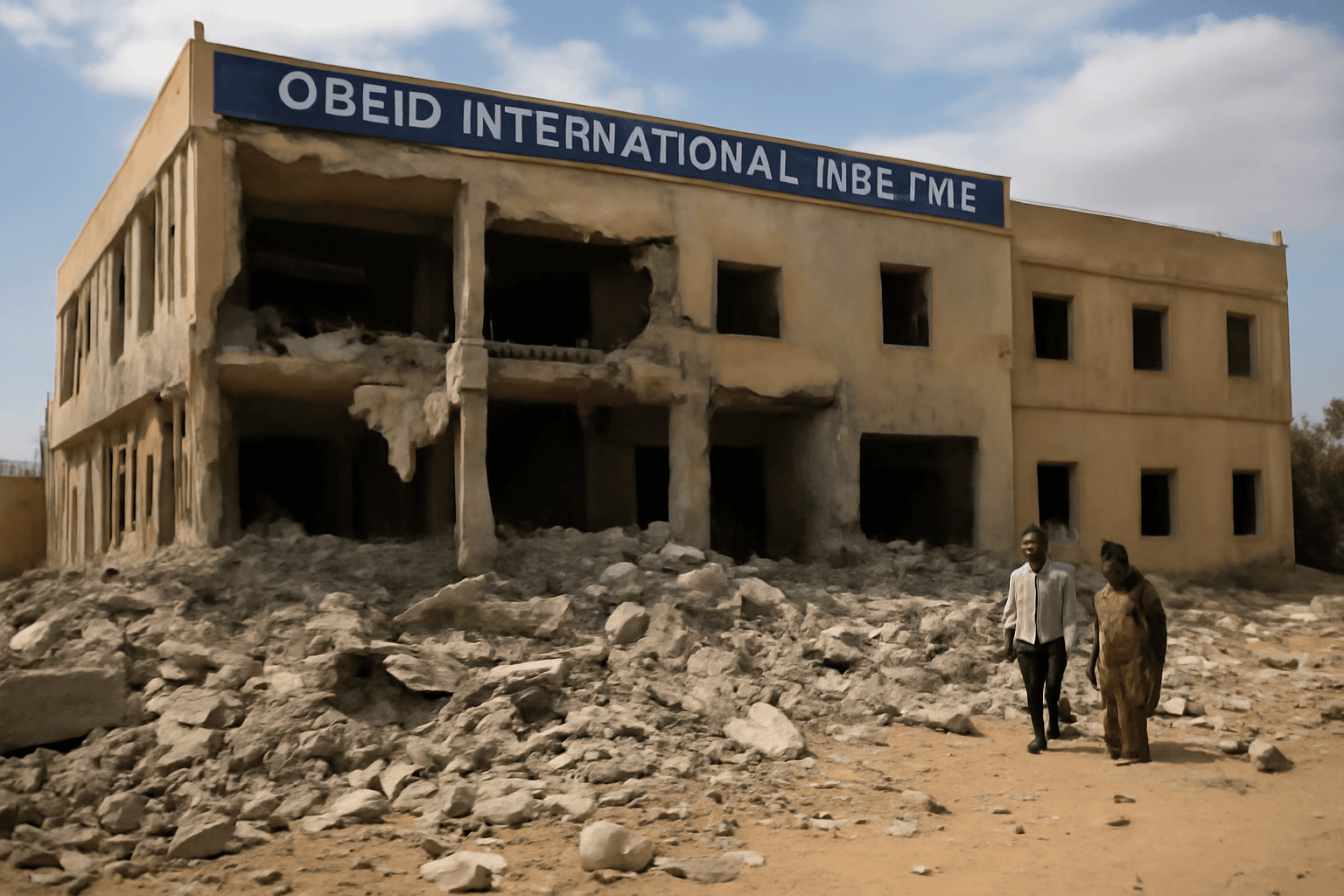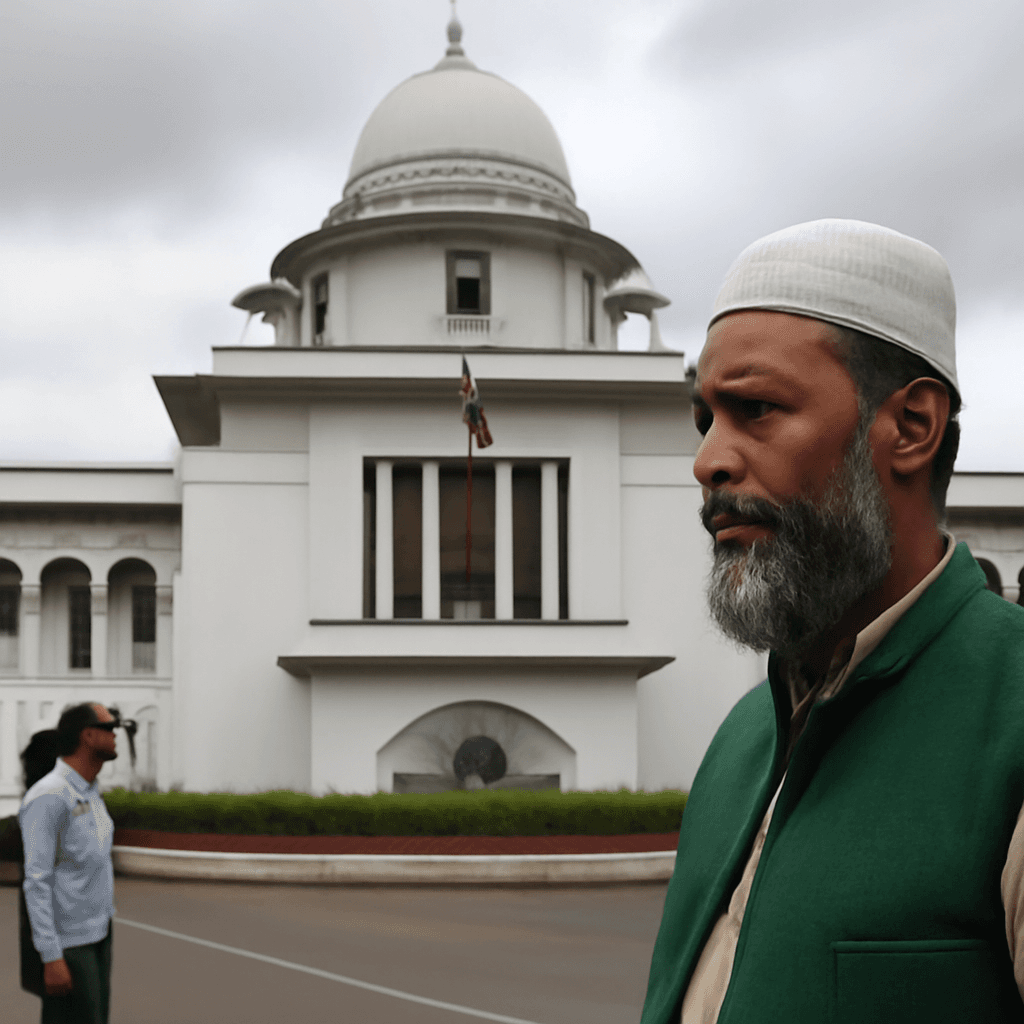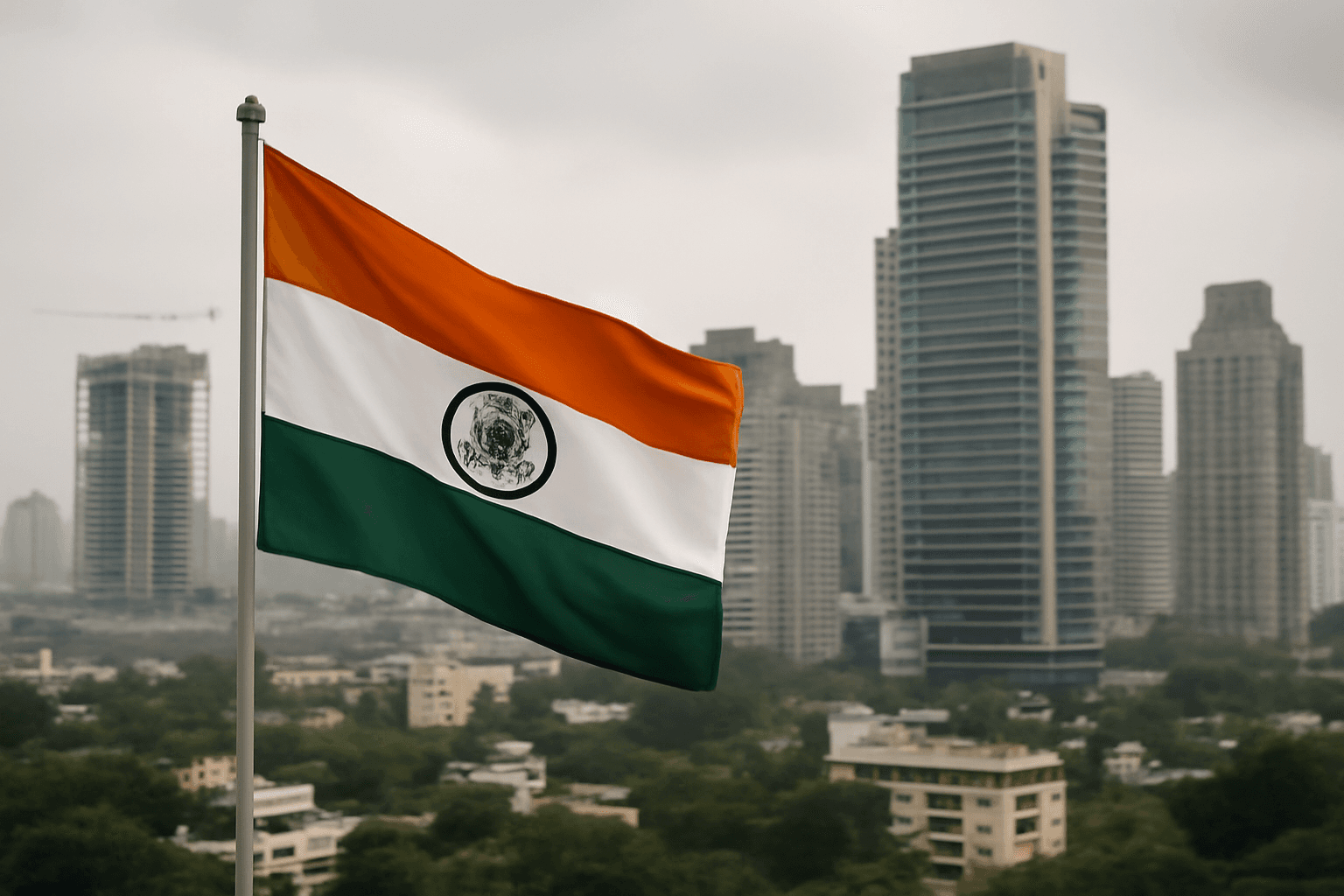Tokyo: Nobel laureate and interim Bangladeshi chief Mohammad Yunus emphasized the growing challenges to peace across Asia during his speech at the 'Nikkei Forum: 30th Future of Asia' held in Tokyo on May 29, 2025. Yunus highlighted the devastating impact of ongoing conflicts and urged the continent to adopt a new moral framework favoring peace, cooperation, and sustainability.
His remarks coincided with a controversial development in Bangladesh where the high court overturned the conviction of ATM Azharul Islam, a Jamaat-e-Islami leader previously sentenced to death for wartime atrocities during the country's 1971 independence conflict.
Background on ATM Azharul Islam
ATM Azharul Islam, born in 1952 in Lohanipara village, served as a commander of the Al-Badr militia, allied with the Pakistan Army during the Bangladesh Liberation War. He was convicted in 2014 for his role in the Jharuarbeel massacre, which involved the killing of 1,256 civilians and the rape of 13 women in Rangpur division.
Having been detained since 2012, Islam’s conviction was upheld in appeals in 2015 and 2019. However, following the political upheaval in Bangladesh that toppled former Prime Minister Sheikh Hasina and banned her party, the Awami League, Islam filed a renewed appeal. On May 27, 2025, Bangladesh's Supreme Court acquitted him, sparking debate and criticism.
Yunus’s Vision for Asia
Addressing the forum, Yunus warned that peace remains “elusive” amid intensifying man-made conflicts. He cited ongoing wars affecting millions across Ukraine, Gaza, and South and Southeast Asia, emphasizing that billions of dollars are spent on warfare while millions suffer from starvation and deprivation.
Although Yunus refrained from directly naming any countries, he referenced a recent costly conflict between two neighbors in the region. Notably, his speech did not address Bangladesh’s internal turmoil that resulted in Hasina’s ousting, nor the increasing violence faced by minority communities, including Hindus, since the regime change.
Yunus called for Asia to become a beacon of shared prosperity and a new moral compass for the world, advocating peace over power and long-term sustainability over short-term gains.

